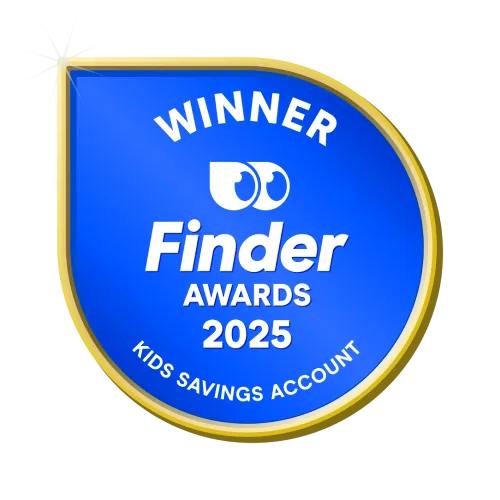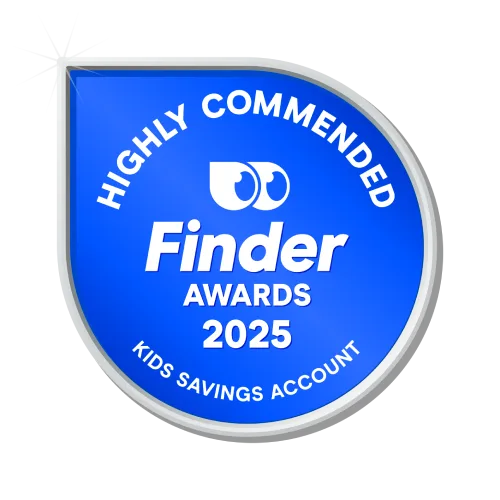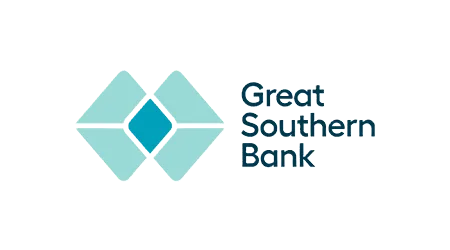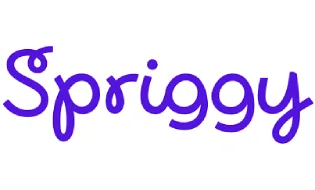Compare other products
We currently don't have that product, but here are others to consider:
How we picked theseHow the Finder Score helps you find a better savings account
The Finder Score is a simple score out of 10. The higher a savings account's score, the better we think it is for the average customer.
We score each savings account in our database of hundreds based on a data-driven methodology with 2 main criteria: Does the account offer a high interest rate? And is it easy for savers to actually earn that rate?
Best kids savings accounts February 2026:
Here are the Finder Award winners for 2025.
Best Kids Savings Account: Great Southern Bank Youth eSaver Account (0-17 year olds only)

The Great Southern Bank Youth eSaver Account is the winner of the Kids Savings Account category as it had the highest ongoing variable rate for under 18s over the judging period. Plus, there are no conditions to meet to earn the full interest rate, making it ideal for young savers.
 Highly commended
Highly commended

Australian Mutual Bank Young Saver Account
The Australian Mutual Bank Young Saver Account was named highly commended in the Kids Savings Account category as it offered one of the highest ongoing variable rates for under 18s during the judging period. Plus, you can earn the full rate on balances up to $5,000 with no account conditions to meet making it really accessible for young savers.
Australian Mutual Bank Young Saver Account
The Australian Mutual Bank Young Saver Account was named highly commended in the Kids Savings Account category as it offered one of the highest ongoing variable rates for under 18s during the judging period. Plus, you can earn the full rate on balances up to $5,000 with no account conditions to meet making it really accessible for young savers.

First Option Bank Kids Bonus Saver
The First Option Bank Kids Bonus Saver account was named highly commended in the Kids Savings Account category as it offered one of the highest ongoing variable rates for under 18s during the judging period. Customers can earn bonus interest on balances up to $5,555 when you deposit just $5 a month and make no withdrawals.
First Option Bank Kids Bonus Saver
The First Option Bank Kids Bonus Saver account was named highly commended in the Kids Savings Account category as it offered one of the highest ongoing variable rates for under 18s during the judging period. Customers can earn bonus interest on balances up to $5,555 when you deposit just $5 a month and make no withdrawals.
Kids' prepaid card and money apps
If you want to teach your child how to spend and save in a safe, kid-friendly way, you could try a prepaid card linked to a money app.
These apps let you set spending limits, track chores and pay pocket money. There is a monthly subscription fee.Spriggy
Membership fee
ATM withdrawal fees
prepaid card
Card
Rewards program
N/A
Annual Fee
$0
Purchase Rate
Welcome offer
Interest-free period
Up to days on purchases
Balance transfer
N/A
Bonus points
N/A
Rewards points per $ spent
N/A
Foreign currency conversion fee

"I check my bank account at the end of each month using the app on my phone to see how much bonus interest I've earned. Usually it's not much! But it's fun to keep track of it. I bank with ANZ and I like that I have a savings account to save up for things like concert tickets, plus an everyday account that I can add to my Apple Pay."
Is there a difference between bank and savings accounts for kids?
There are 2 types of bank accounts:
- Savings accounts. You use this account to hold your savings long term and earn some interest. It is not designed for spending.
- Transaction accounts. You use this account for everyday spending via a debit card. You might be able to earn some interest, but the account is mainly for spending.
How to find the best children's bank account
- High interest rate. An account with a high interest rate means your child can earn a bit more interest on their savings.
- No fees. A good kids savings account should have few if any fees. A small monthly fee could quickly eat away at your child's previous savings and discourage them.
- Age requirements they meet. Some banks let you open a savings account at any age. Some banks require the child to be 12 or older. It's important to check before trying to open an account.
- Minimal account conditions. An ideal kids bank account will have a low minimum opening balance, and won't require large deposits every month to qualify for the bonus interest rate.
- Money management tools. A good kids bank account offers app functionality or an online account so your child can watch their savings grow and learn how to manage their money. Some banks won't let a child open an online account until they're 14, or may require parental approval.

"My husband once sold an old digital drum kit online for $100. A 10-year-old kid arrived with his mum to pick it up – he'd saved his pocket money. It was so wholesome, and a reminder that kids are never too young to learn about money! And you're their biggest influence. You can help your child build really positive money values with things like pocket money for chores, setting saving goals, and chatting about how you handle your budget."
How does bonus interest work on a kids' bank account?
Some banks encourage children to save a little money each month with a bonus rate. A savings account might have a base rate of 2.00%, but a bonus rate that takes the total rate up to 5.00% if you meet the conditions.
This might be saving a minimum amount each month or not making any withdrawals.
How do I open a bank account for my child?
If you are the parent or legal guardian of a child, you can open a bank account for them at any age. Depending on the age of your child and the bank's policy, you may be able to open a bank account online. Or you may have to visit a branch.
You'll need to provide:
- Evidence of the child's identification. You can use a birth certificate, Medicare card, passport or driver's license (for older kids).
- Identification for yourself. You should also bring your own ID and proof of your relationship to your child. This includes a Medicare card or birth certificate.
You can choose to be an authorised party on your child's bank account. This gives you some level of access or control over the account, but the level of access depends on the account and the age of your child.
Do kids pay tax on bank interest?
It depends, on how old they are and how much they earn.
If your child is less than 16 years old, special rules apply to any interest they make from a savings account.
If your child is under 16 and:
- they earn less than $120 per year (or $10 per month) from savings accounts, their financial institution will not withhold tax.
- they earn between $120 and $420 in savings interest per year and they provide either their date of birth or a tax file number (TFN), the financial institution will not withhold tax.
- they earn between $120 and $420 in interest and don't provide their date of birth or TFN, the financial institution will withhold tax at 47%. They'll need to lodge a tax return if they want a refund.
- they earn $420 or more per year from savings accounts and provides their TFN, the financial institution will not withhold tax.
- they earn $420 or more per year and don't provide their TFN, the financial institution will withhold PAYG tax at 47%. Again, they'll need to lodge a tax return if they want a refund.
Once your child turns 16, as long as they provide their TFN, the financial institution will not withhold tax on any interest earned.
If your 16 or 17 year old doesn't provide their TFN, the financial institution will withhold PAYG tax at 47% and they need to lodge a tax return to get it refunded.
Need to know:
- If you have a joint account between an adult and a child aged under 16 years, the same rules apply as those for a 16 or 17 year old.
- Withholding tax is calculated on the total interest earned – not just the amount above the threshold of $420 or $120.
Frequently asked questions on children's savings accounts
Sources
Ask a question
More guides on Finder
-
Savings accounts with no conditions
These savings accounts let you earn a decent ongoing interest rate on your cash with no annoying hoops to jump through.
-
Bendigo Bank Reward Saver Account
Read Finder's review of the Bendigo Bank Reward Saver. Learn how you can earn the maximum bonus interest rate with this account.
-
ME HomeME Savings Account
You can earn a really impressive ongoing bonus rate of 4.6% p.a., however you need to deposit $2,000 per month.
-
Bankwest Easy Saver account
The Bankwest Easy Saver account offers a bonus rate for the first 4 months, then an ongoing standard variable rate with no conditions to meet.
-
Bank of Queensland Simple Saver Account
Check out out review of the Bank of Queensland Simple Saver Account.
-
Australian interest rate history
See historical interest rates for savings accounts since January 2012.
-
High interest savings accounts Australia
Kickstart your savings plan with a high interest savings account.
-
Best savings accounts Australia
See some of the best savings accounts in Australia right now with high interest rates and no fees, plus tips to help you find the best savings account for you.
-
ING Savings Maximiser
The ING Savings Maximiser is a high interest savings account with a competitive interest rate when you meet the account conditions. Here's how to earn the top bonus rate with this account.
-
Savings interest calculator
Our range of simple calculators can help you plan your finances and compare potential interest earned.



